Prominent UAE human rights activist al-Siddiq dies mysteriously in London car crash
Prominent Emirati rights activist and political dissident Alaa al-Siddiq has died in a car crash in London, with social media activists, journalists and writers raising doubts about her liquidation.
Siddiq was the executive director of the United Kingdom-based ALQST organization that campaigns for greater freedoms and better human rights conditions in the United Arab Emirates and other Persian Gulf Arab states.
“With deep sadness, ALQST mourns the death of its executive director, icon of the Emirati human rights movement Alaa al-Siddiq, in a tragic traffic accident on Saturday, 19 June 2021,” the group said in a statement.
“Many people will remember her tireless devotion to her work; her passion for helping others and standing up for them; her powerful defense of human rights; and her efforts in support of worthy causes,” the statement added.
Immediately after the report about the death of the Emirati human rights activist broke, activists rushed to mourn her and suggested the possibility that the incident was orchestrated by the UAE authorities, with the aim of stopping her activity in exposing the practices of the ruling regime in Abu Dhabi.
“The director of the ALQST human rights organization, Alaa al-Siddiq, died after being hit by a car in Britain, in what looks like a criminal act. And I knew her in Doha, observing her honorable qualities, may God accept her,” political analyst Muhammad al-Mukhtar al-Shanqiti wrote in his tweet.
Emirati dissident, Alaa Al-Siddiq, who spent years in exile advocating for freedom of political prisoners in UAE jails, and was a prominent voice against normalization with the Israeli Apartheid State, has passed away in a car accident in London yesterday #آلاء_الصديق_في_ذمة_الله pic.twitter.com/eBaPQEBcpm
— Ghassan Kassem (@GhassanKDE) June 20, 2021
Writer Feras Abu Hilal said, “She was a victim of oppression, which arrested her father, deprived him of citizenship, stripped his family of citizenship and prevented them from working and earning a living. The worst betrayal is the betrayal of the intellectual!”
Alaa Al-Siddiq, a 33-year-old Emirati activist, was killed in a hit-and-run accident in London. This isn’t the first time an Emirati activist/opposition dies in such accident. That’s how corrupt regimes deal with people who speak up on their corruption. #الاء_الصديق_في_ذمه_الله pic.twitter.com/boct4huLpJ
— Wirjil (@Wirjil) June 20, 2021
According to Doha News, Siddiq and her spouse initially sought political asylum in Qatar in 2012, where they had been living with their relatives.
The activist’s presence in Qatar, and Doha’s stance towards political activists at a time when the UAE was cracking down on voices of dissent led to a rift between the two neighbors.
She was murdered and we all know who did it, Rest in power angelBroken heart
— Ahmed Shalaby (@AhmedShalaby51) June 20, 2021
#الاء_الصديق_في_ذمه_الله pic.twitter.com/tWhFN6xfIH
She focused on the release of political prisoners of conscience in the UAE, including her father Mohammad, who was stripped of his Emirati citizenship.
He continues to be imprisoned in Abu Dhabi, where he has been held in detention since 2012.
This narrative about Alaa returning to UAE is an attempt for the UAE to discredit Alaa's criticism of the UAE. In other words, if she was on her way back then there was no cause for her to be fearful of ill treatment. Thus the UAE absolves itself #الاء_الصديق_في_ذمة_الله pic.twitter.com/FyuiZkh0vj
— Marc Owen Jones (@marcowenjones) June 20, 2021
Siddiq gained asylum in the UK, along with her ex-husband Abdulrahman Omar, in 2018.
In 2018, Qatar's Deputy Prime Minister and Minister of Foreign Affairs Mohammed bin Abdulrahman Al Thani said the UAE had requested the extradition of a political dissident's wife in 2015.
A new Emirati activist dies in a run-down accident in London, like all Emiratis who die in an unknown run-over accident in London, when they declare their opposition to the government.If a martyr died in your country, a thousand others will be born.
— Ahmed Shalaby (@AhmedShalaby51) June 20, 2021
#الاء_الصديق_في_ذمه_الله pic.twitter.com/N8Ib8SjWL3
Qatar turned down the request, which led to a diplomatic rift two years before the UAE joined a Saudi-led blockade against the energy-rich Persian Gulf kingdom.
Although Al Thani did not mention Siddiq's name at the time, Abdullah bin Hamad al-Athba, the editor-in-chief of the Qatar-based Al Arab newspaper, later confirmed it was her.
VIDEO | Press TV's news headlines
Hamas: Israel escalating ceasefire violations in Gaza
Venezuela's government declares unwavering unity behind Maduro
VIDEO | Global outcry over Venezuela president abduction
Iran keeps wheat import subsidies despite cutting other food supports
Venezuelan military stands with acting president after US kidnapping of Maduro
VIDEO | Press TV's news headlines
VIDEO | Protesters in Toronto slam US kidnapping of Venezuelan president



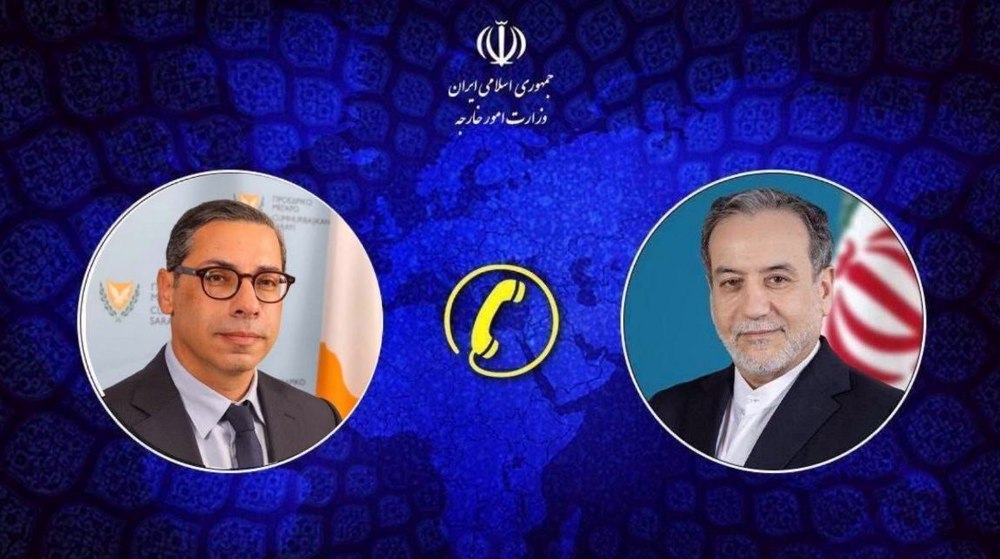





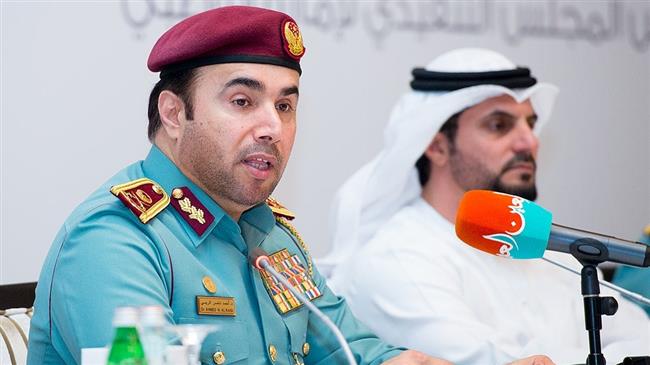
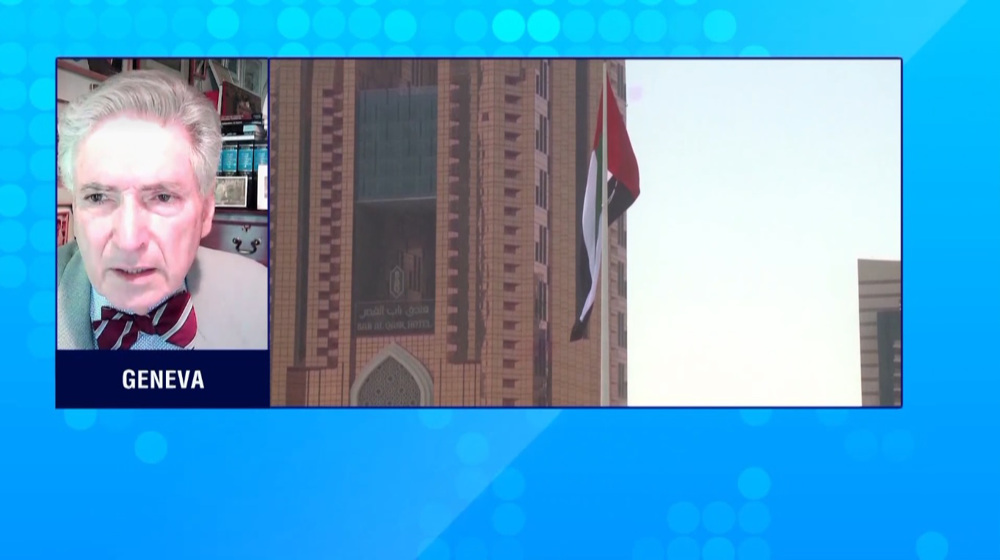
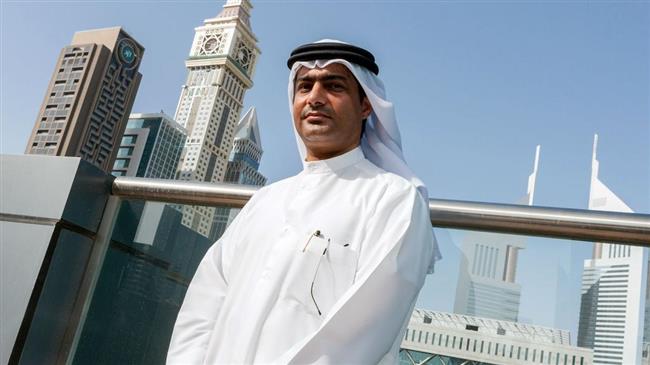
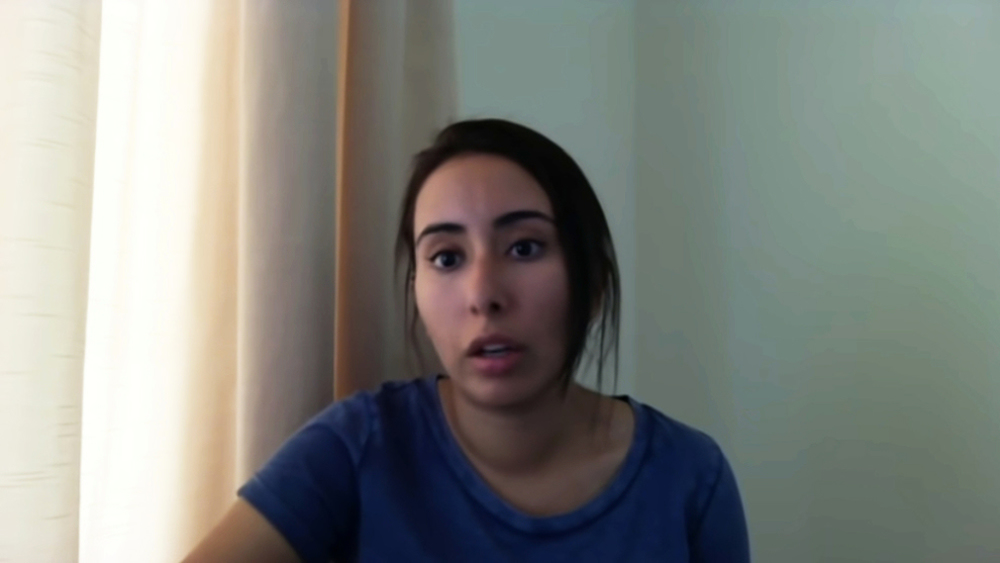


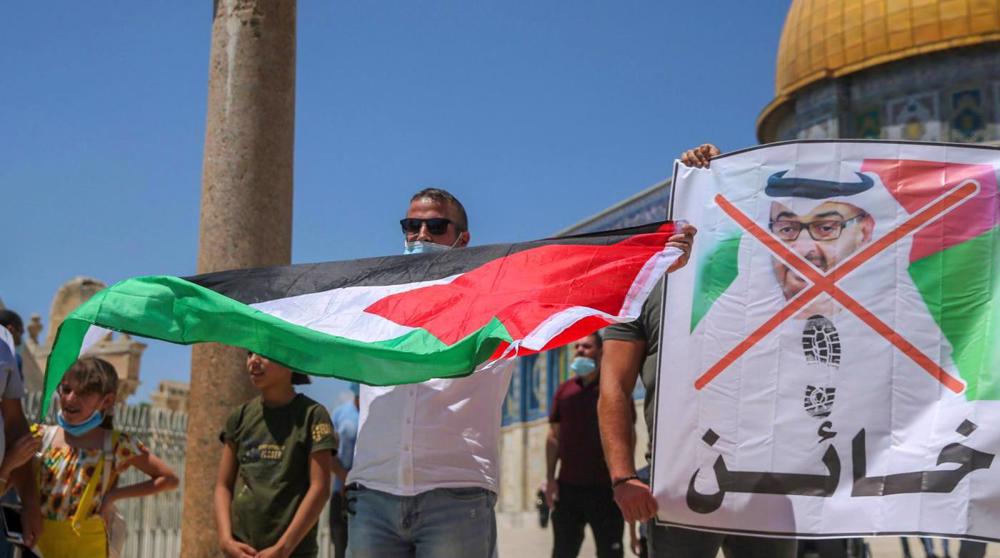

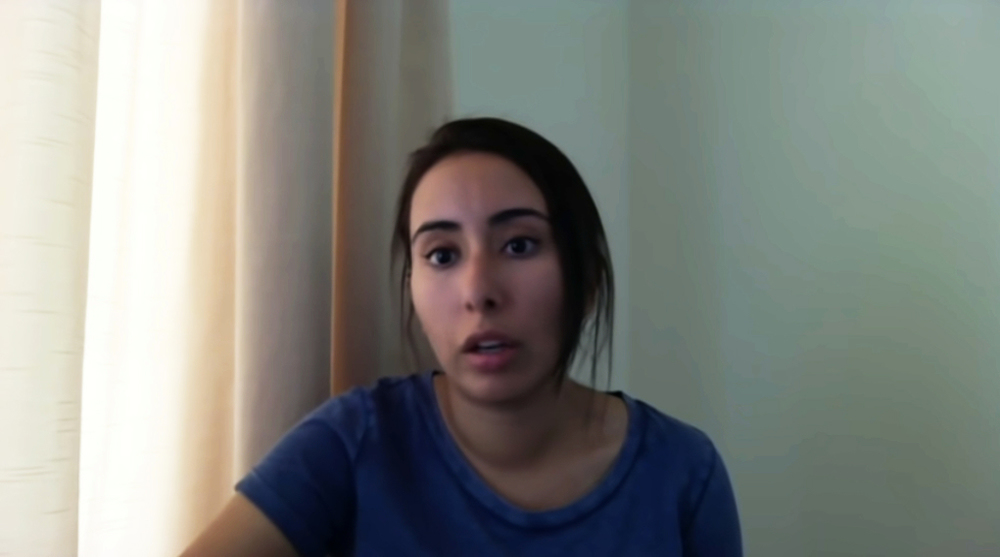
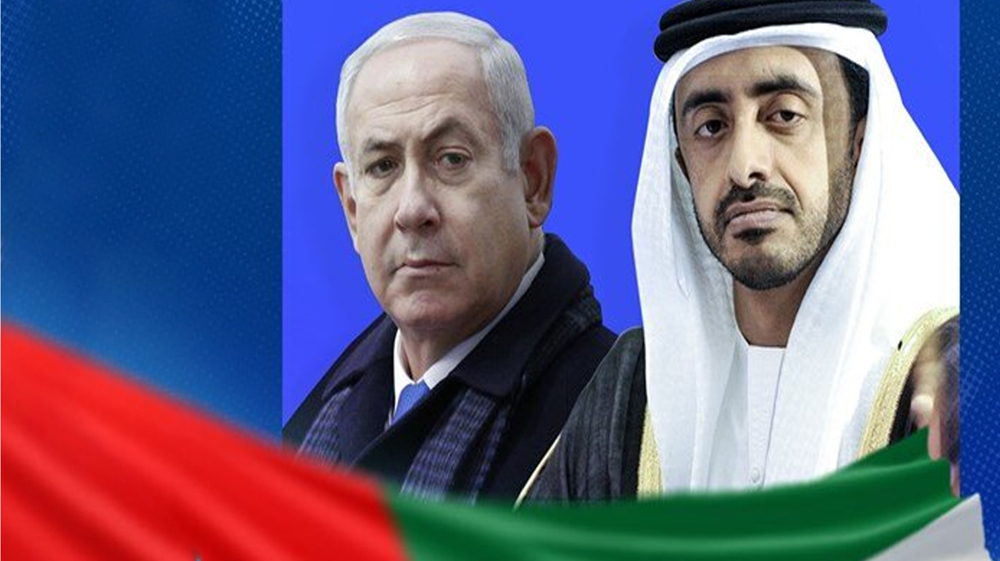

 This makes it easy to access the Press TV website
This makes it easy to access the Press TV website